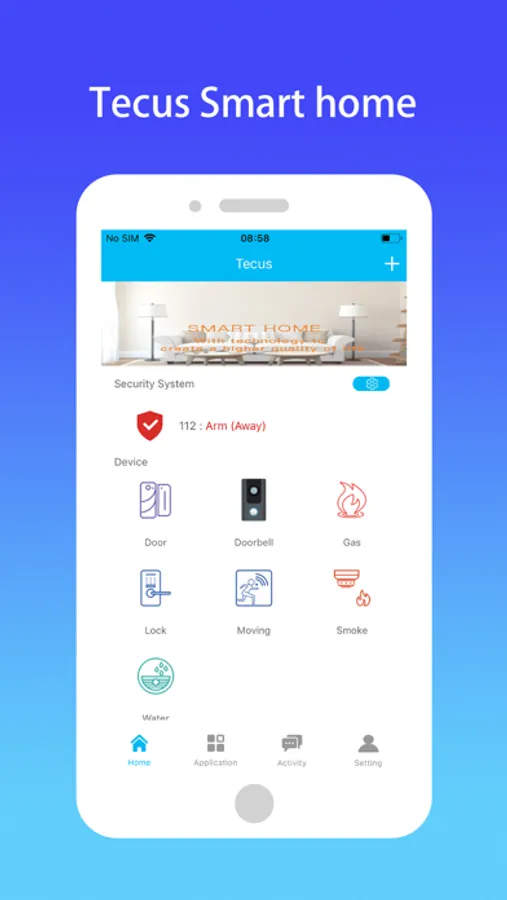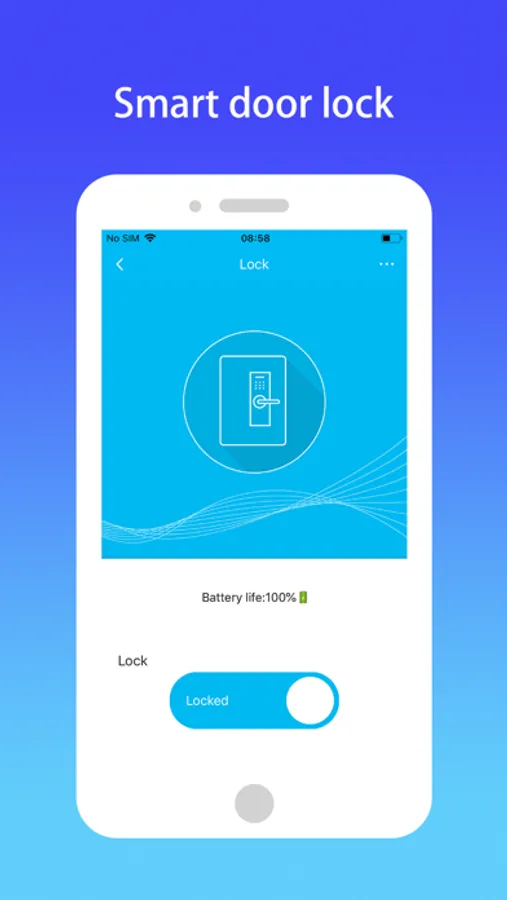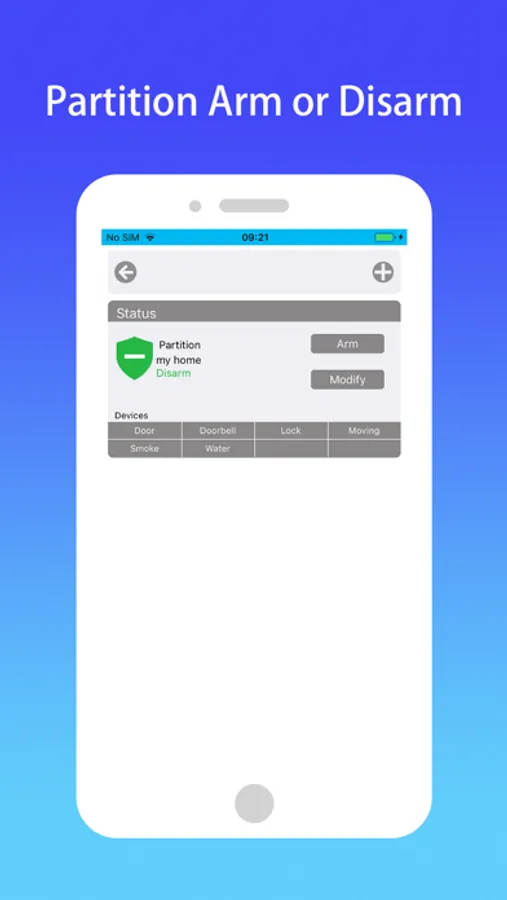About Tecus
Tecus Home Automation
Tecus Enterprises Inc , the automation of homes and businesses.
Description of Product/Service
Tecus has developed the line of home automation products that includes the central “brain” (TecusHUB?), the control centre that operates on a world recognized, standardized technology interface protocol for communication among devices used for home automation. It uses RF for signaling and control. Zwave was developed by Zensys, Inc. a start-up company based in Denmark. Z-Wave is a standard in wireless technology that allows smart devices talk to one another. Household products like lights, door locks and thermostats are made “smart” when Z-Wave connectivity is added inside the product’s design, giving them the capability to communicate and perform the desired functions. Z-Wave operates wirelessly and securely and devices can be easily accessed and controlled on the owner’s smart phone, tablet, laptop computer or any other common usage mobile device.
Z-Wave is a very efficient, low-energy technology. Many Z-Wave devices work on battery power alone, often for a year or more before needing new batteries. Others plug into the wall, and there are even Z-Wave controllable AC outlets, that allow an entire home's electrical system to be 'smart' and energy-efficient by controlling and optionally monitoring energy usage. Z-Wave will not interfere with an existing Wi-Fi network. Z-Wave works on a different frequency, so there will be no interfering with Wi-Fi or other common household device signals. Z-Wave runs on type of network called a "mesh network.” One Z-Wave product will pass the signal along to another (“hop”) until the final destination is reached. Every connected device in a home acts as a messenger; the more devices, the more powerful and strong the network is.
Home automation systems usually include the following components and functions.
1 Control Centre (The Brain) with a choice of WiFi or WiFi + 3G, the latter being a mobile communications standard that allows cell phones, computers, and other portable electronic devices to access the Internet wirelessly.
2 Smart Door Locks.
3 Door Sensors.
4 Smoke Detectors.
5 Siren Alarm.
6 Motion Sensors.
7 Water Leak / Dampness Sensor.
8 Backup Battery Unit
9 Gas Sensor.
10 Video Cameras
11 Microphone
12 Speaker
13 Monitoring
14 A Personal Health Alarm Device
15 Connectivity to local Police and Fire Departments
Tecus system is not hard-wired, therefore it does not require an electrician or technician to install. All components are plugged in and can be installed by a home or business owner with a little bit of technical knowledge and the installation guide. The app is free and provides fingertip control of the Tecus home system from anywhere in th world. Incorporated is a 24/7 monitoring system that alerts the homeowner of any incidents that occur when one of the sensors is activated. If an alarm indicates a break-in or a fire, the local police and fire department are also alerted.
Home security is becoming home automation. Now, more than ever, technology is pervasive in daily lives. Advances in devices and networks, combined with the rise of social networking, have changed the way people communicate with one another. As technology evolves, so does related security. The home security business is among those that have had to adapt to the rapid advances in technology. More than 150 years ago, the first patent on electromagnetic burglar alarms was issued to Augustus Pope, who applied then-revolutionary discoveries about electricity to create a ground-breaking security device.
Tecus Enterprises Inc , the automation of homes and businesses.
Description of Product/Service
Tecus has developed the line of home automation products that includes the central “brain” (TecusHUB?), the control centre that operates on a world recognized, standardized technology interface protocol for communication among devices used for home automation. It uses RF for signaling and control. Zwave was developed by Zensys, Inc. a start-up company based in Denmark. Z-Wave is a standard in wireless technology that allows smart devices talk to one another. Household products like lights, door locks and thermostats are made “smart” when Z-Wave connectivity is added inside the product’s design, giving them the capability to communicate and perform the desired functions. Z-Wave operates wirelessly and securely and devices can be easily accessed and controlled on the owner’s smart phone, tablet, laptop computer or any other common usage mobile device.
Z-Wave is a very efficient, low-energy technology. Many Z-Wave devices work on battery power alone, often for a year or more before needing new batteries. Others plug into the wall, and there are even Z-Wave controllable AC outlets, that allow an entire home's electrical system to be 'smart' and energy-efficient by controlling and optionally monitoring energy usage. Z-Wave will not interfere with an existing Wi-Fi network. Z-Wave works on a different frequency, so there will be no interfering with Wi-Fi or other common household device signals. Z-Wave runs on type of network called a "mesh network.” One Z-Wave product will pass the signal along to another (“hop”) until the final destination is reached. Every connected device in a home acts as a messenger; the more devices, the more powerful and strong the network is.
Home automation systems usually include the following components and functions.
1 Control Centre (The Brain) with a choice of WiFi or WiFi + 3G, the latter being a mobile communications standard that allows cell phones, computers, and other portable electronic devices to access the Internet wirelessly.
2 Smart Door Locks.
3 Door Sensors.
4 Smoke Detectors.
5 Siren Alarm.
6 Motion Sensors.
7 Water Leak / Dampness Sensor.
8 Backup Battery Unit
9 Gas Sensor.
10 Video Cameras
11 Microphone
12 Speaker
13 Monitoring
14 A Personal Health Alarm Device
15 Connectivity to local Police and Fire Departments
Tecus system is not hard-wired, therefore it does not require an electrician or technician to install. All components are plugged in and can be installed by a home or business owner with a little bit of technical knowledge and the installation guide. The app is free and provides fingertip control of the Tecus home system from anywhere in th world. Incorporated is a 24/7 monitoring system that alerts the homeowner of any incidents that occur when one of the sensors is activated. If an alarm indicates a break-in or a fire, the local police and fire department are also alerted.
Home security is becoming home automation. Now, more than ever, technology is pervasive in daily lives. Advances in devices and networks, combined with the rise of social networking, have changed the way people communicate with one another. As technology evolves, so does related security. The home security business is among those that have had to adapt to the rapid advances in technology. More than 150 years ago, the first patent on electromagnetic burglar alarms was issued to Augustus Pope, who applied then-revolutionary discoveries about electricity to create a ground-breaking security device.


